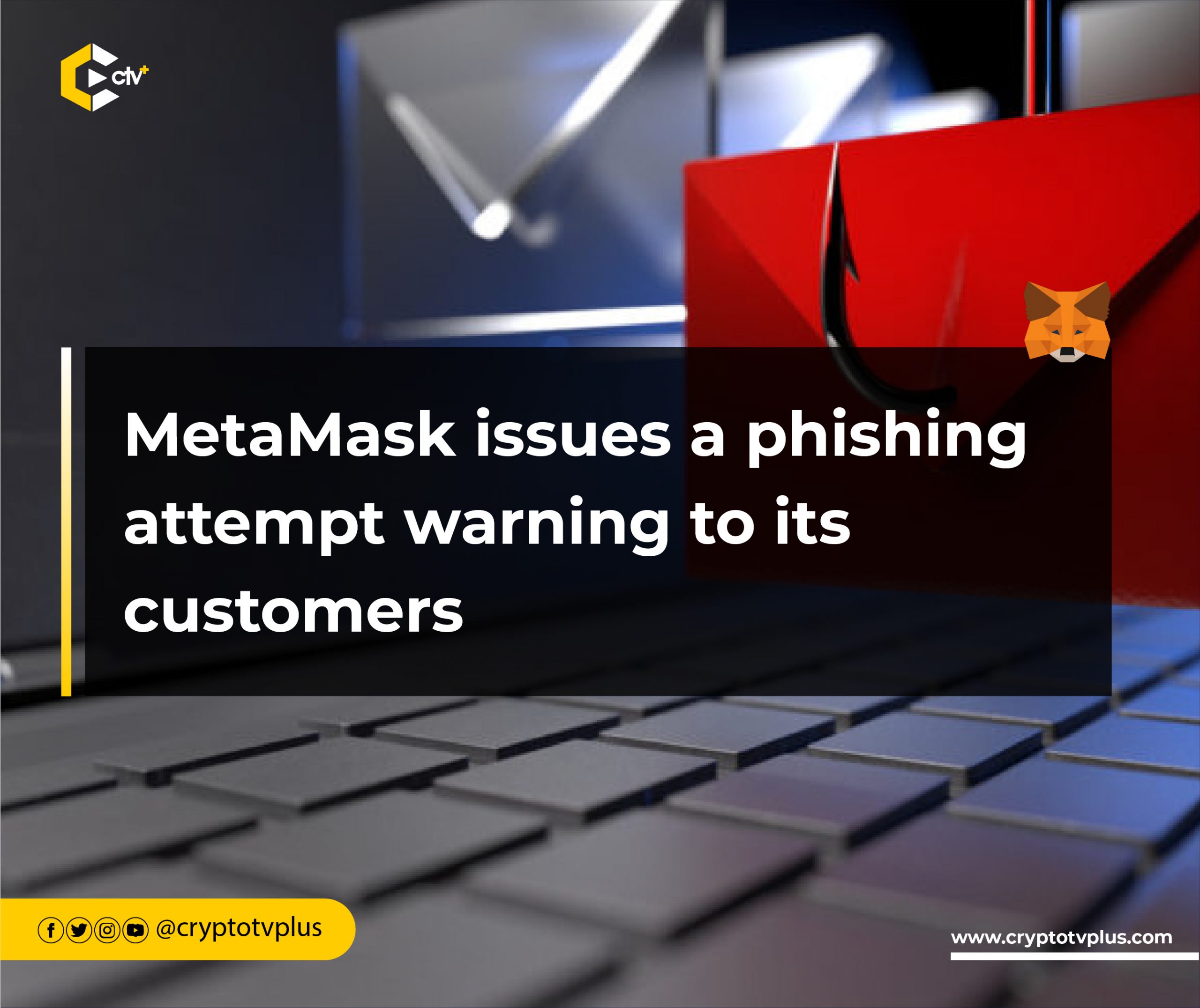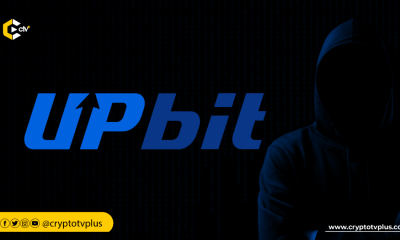News
Metamask issues a phishing attempt warning to its customers

MetaMask has warned investors about persistent phishing attempts by con artists attempting to get in touch with consumers via Namecheap’s upstream third-party system for emails.
On the 12th of February, web hosting provider Namecheap discovered the unlawful usage of one of its third-party services, which directly targeted MetaMask customers. Namecheap described the incident as an ”email gateway malfunction.”
The phishing attacks began at 4:30 p.m. Eastern Time and came from SendGrid, a company that Namecheap has typically used to deliver renewal notices and promotional emails. The hacker’s phishing emails included a link to a fake MetaMask website that asked for the secret recovery phrase ”to keep the wallet secure.”
MetaMask warned its millions of followers in the proactive alert that it does not collect know-your-customer (KYC) information and will never contact them through email to discuss account details.
Following complaints from customers on Twitter, Namecheap CEO Richard Kirkendall acknowledged that the account had been compromised and stopped emailing through SendGrid while they looked into the matter.
Within hours of receiving the initial notification, Namecheap confirmed that mail delivery had been restored and that all future communications would come from the official source.
However, the issue of unwanted email distribution is still being investigated. When dealing with MetaMask and Namecheap communications, investors should double-check card website links, email addresses, and points of contact.
Phishing attacks refer to instances where hackers send fake messages that appear to come from a trustworthy source, usually via email. These messages aim to either install malware on the victim’s computer or steal personal information, such as credit card numbers and login details.
In January, a hacker used Google Ad Services to steal non-fungible tokens (NFTs) and cryptocurrencies from investors. The event occurred when an NFT influencer used Google to download OBS, an open-source video streaming program. However, he clicked on a sponsored advertisement rather than the actual link, resulting in financial loss.
Read Also: Astroport: trade, swap, and earn on AMM with multiple pools



























4 Comments